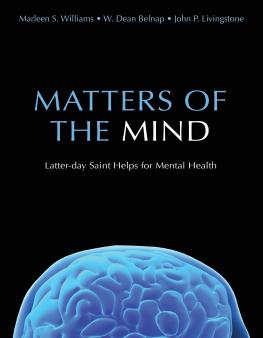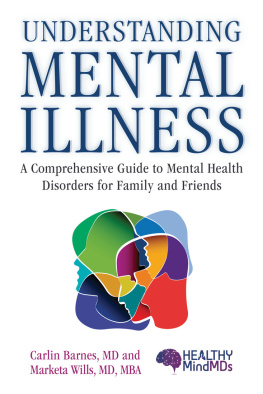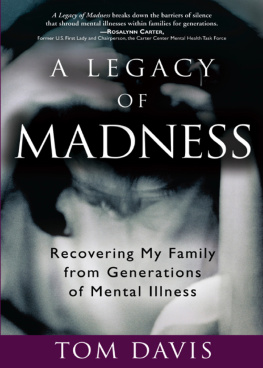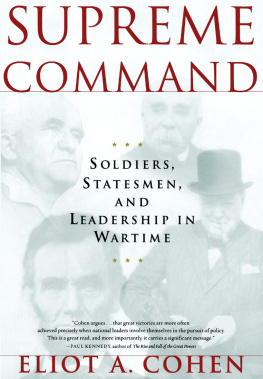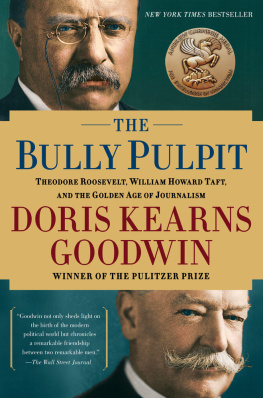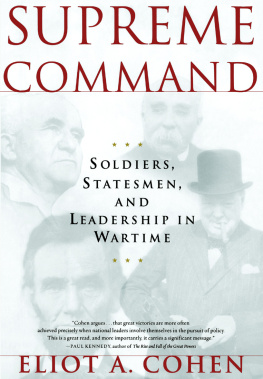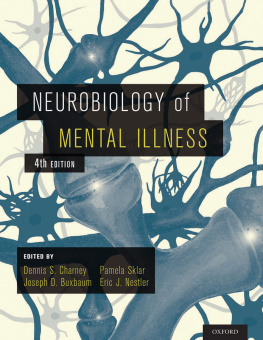Nassir Ghaemi - A First-Rate Madness: Uncovering the Links Between Leadership and Mental Illness
Here you can read online Nassir Ghaemi - A First-Rate Madness: Uncovering the Links Between Leadership and Mental Illness full text of the book (entire story) in english for free. Download pdf and epub, get meaning, cover and reviews about this ebook. year: 2011, publisher: Penguin Press HC, The, genre: Politics. Description of the work, (preface) as well as reviews are available. Best literature library LitArk.com created for fans of good reading and offers a wide selection of genres:
Romance novel
Science fiction
Adventure
Detective
Science
History
Home and family
Prose
Art
Politics
Computer
Non-fiction
Religion
Business
Children
Humor
Choose a favorite category and find really read worthwhile books. Enjoy immersion in the world of imagination, feel the emotions of the characters or learn something new for yourself, make an fascinating discovery.

- Book:A First-Rate Madness: Uncovering the Links Between Leadership and Mental Illness
- Author:
- Publisher:Penguin Press HC, The
- Genre:
- Year:2011
- Rating:5 / 5
- Favourites:Add to favourites
- Your mark:
A First-Rate Madness: Uncovering the Links Between Leadership and Mental Illness: summary, description and annotation
We offer to read an annotation, description, summary or preface (depends on what the author of the book "A First-Rate Madness: Uncovering the Links Between Leadership and Mental Illness" wrote himself). If you haven't found the necessary information about the book — write in the comments, we will try to find it.
In A First-Rate Madness, Nassir Ghaemi, who runs the Mood Disorders Program at Tufts University Medical Center, draws from the careers and personal plights of such notable leaders as Lincoln, Churchill, Gandhi, Martin Luther King, Jr., JFK, and others from the past two centuries to build an argument at once controversial and compelling: the very qualities that mark those with mood disorders- realism, empathy, resilience, and creativity-also make for the best leaders in times of crisis. By combining astute analysis of the historical evidence with the latest psychiatric research, Ghaemi demonstrates how these qualities have produced brilliant leadership under the toughest circumstances.
Take realism, for instance: study after study has shown that those suffering depression are better than normal people at assessing current threats and predicting future outcomes. Looking at Lincoln and Churchill among others, Ghaemi shows how depressive realism helped these men tackle challenges both personal and national. Or consider creativity, a quality psychiatrists have studied extensively in relation to bipolar disorder. A First-Rate Madness shows how mania inspired General Sherman and Ted Turner to design and execute their most creative-and successful-strategies.
Ghaemis thesis is both robust and expansive; he even explains why eminently sane men like Neville Chamberlain and George W. Bush made such poor leaders. Though sane people are better shepherds in good times, sanity can be a severe liability in moments of crisis. A lifetime without the cyclical torment of mood disorders, Ghaemi explains, can leave one ill equipped to endure dire straits. He also clarifies which kinds of insanity-like psychosis-make for despotism and ineptitude, sometimes on a grand scale.
Ghaemis bold, authoritative analysis offers powerful new tools for determining who should lead us. But perhaps most profoundly, he encourages us to rethink our view of mental illness as a purely negative phenomenon. As A First-Rate Madness makes clear, the most common types of insanity can confer vital benefits on individuals and society at large-however high the price for those who endure these illnesses.
Nassir Ghaemi: author's other books
Who wrote A First-Rate Madness: Uncovering the Links Between Leadership and Mental Illness? Find out the surname, the name of the author of the book and a list of all author's works by series.

